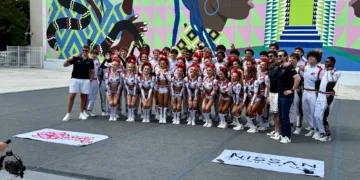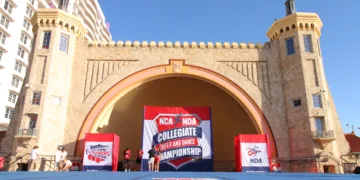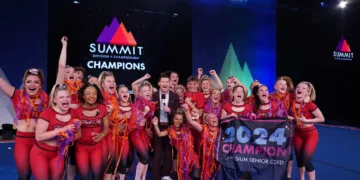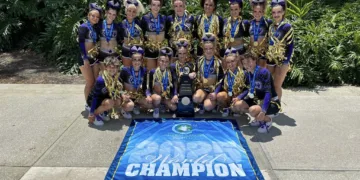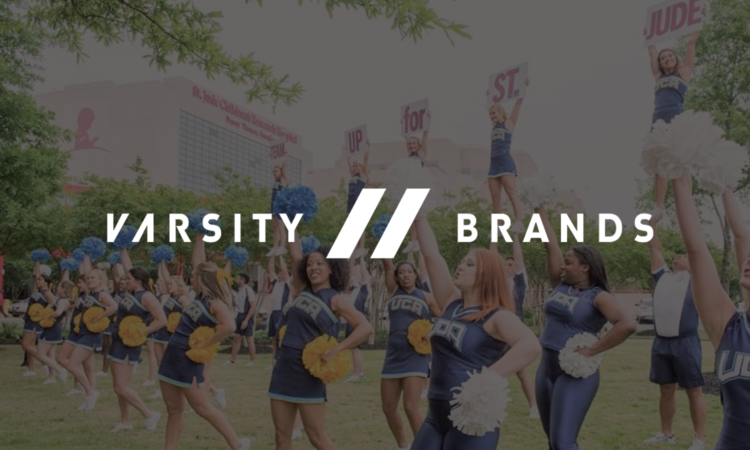Following the recent announcement of KKR’s acquisition of Varsity Brands from Bain Capital for $4.75 billion, industry insiders and stakeholders are closely observing how this deal will impact the landscape of cheerleading. The transaction includes debt and represents a change in ownership for the company known for cheerleading events and apparel. This follow-up article delves deeper into the implications of Varsity Brands being under KKR’s Americas private equity fund and what it means for its employees and the industry at large.
KKR will own Varsity Brands through its Americas private equity fund. This fund is a substantial pool of capital aimed at investing in various sectors across North America. KKR’s latest flagship fund, North America Fund XIV, seeks about $20 billion from investors. The fund began marketing to investors earlier this month and targets a net internal rate of return (IRR) in the high teens, with a steady annual deployment of 20% to 25% of its capital.
The acquisition of Varsity Brands fits within KKR’s strategy of investing in stable, cash-flow-generating businesses. KKR’s previous North American fund, launched in 2017, reported an IRR net of fees of 20.5% as of the end of March. This compares to rival funds, such as Carlyle Group’s fund launched in 2018, which reported an IRR of 8%, and Bain Capital’s 2017 fund, which reported a net IRR of 17.1%.
One significant aspect of KKR’s acquisition strategy is its commitment to offering equity ownership to all employees of its North American portfolio companies. This initiative, traditionally reserved for senior executives, is set to be implemented with Varsity Brands as well.
KKR’s equity ownership program, led by global private equity co-head Pete Stavros, was initially launched in the industrial sector and has since expanded across North America and globally. This program aims to distribute equity to rank-and-file employees, providing them with a stake in the company’s success.
According to KKR, the program has led to higher revenue, improved productivity, and lower employee turnover at its portfolio companies. For instance, the scheme resulted in about $175,000 of additional income per employee at CHI, an overhead garage door business previously owned by KKR. The broad-based employee ownership program has been credited with enhancing overall company performance and fostering a more motivated workforce.
The fundraising landscape for private equity has been challenging, with overall activity slowing down. In the first quarter of 2024, there were 90 U.S. buyout fundraising closures, attracting a combined $55 billion in commitments, down 57% from the previous year. Despite these challenges, KKR’s chief financial officer Robert Lewin noted that conditions are improving, expressing optimism about the fundraising environment.
With KKR’s acquisition, Varsity Brands may experience growth and innovation. The extended equity ownership program could impact company culture and performance, aligning employees’ interests with the company’s success. Additionally, being part of KKR’s Americas private equity fund may provide Varsity Brands with access to new resources and strategic direction, potentially leading to new product developments and market expansion.
The cheerleading community and the sports apparel industry are watching to see how this acquisition will shape the future of Varsity Brands. As KKR takes the reins, the focus will be on how the company leverages this new ownership structure to enhance its market position and drive growth.
For more updates on this developing story and other breaking cheerleading news, stay tuned to Cheer Daily.












